Showing Your Home?
Real Estate Showing
A real estate showing is any time we let a potential buyer see your home in person. It could be a private showing, an open house, or a lockbox tour. Typically we try and start with an open house, and try to schedule as many showings into that time period as possible.
If you're looking for a traditional buyer and you want to get more than one offer, you can't really avoid showings. Rarely do people buy something without seeing it first, unless they are from another country or live far away.
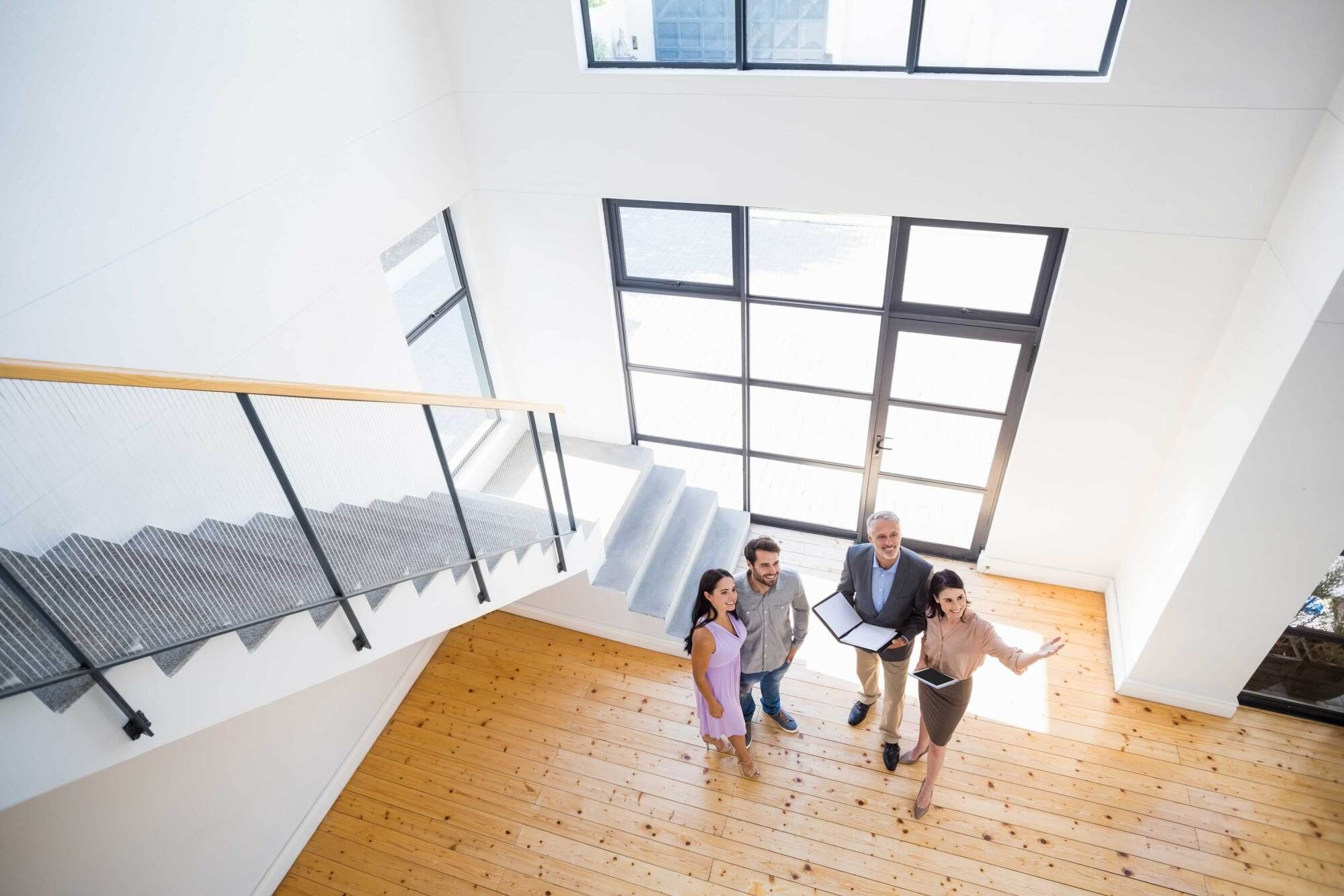
What Is an Open House?
In an open house, all the potential buyers come at the same time, usually on a Saturday or Sunday afternoon for three to four hours. We advertise our open houses to get a lot of people to come to visit them, which can speed up the showing process because more people can look at your home at once. It can also make potential buyers want to be the first to make an offer, which can make them more competitive.
Our open houses make showings less of a hassle because you'll only have to get your house ready for a buyer once or twice, and you'll know when the showings will be. Open houses can also help us find buyers who are just out looking around for a home in your neighborhood.
The Negative Aspect
One bad thing about open houses is that not every person who comes to your open house is a qualified or interested buyer. People who just want to look at your house may not be interested in buying it, so we try and qualify them with a series of questions as they are viewing your home.
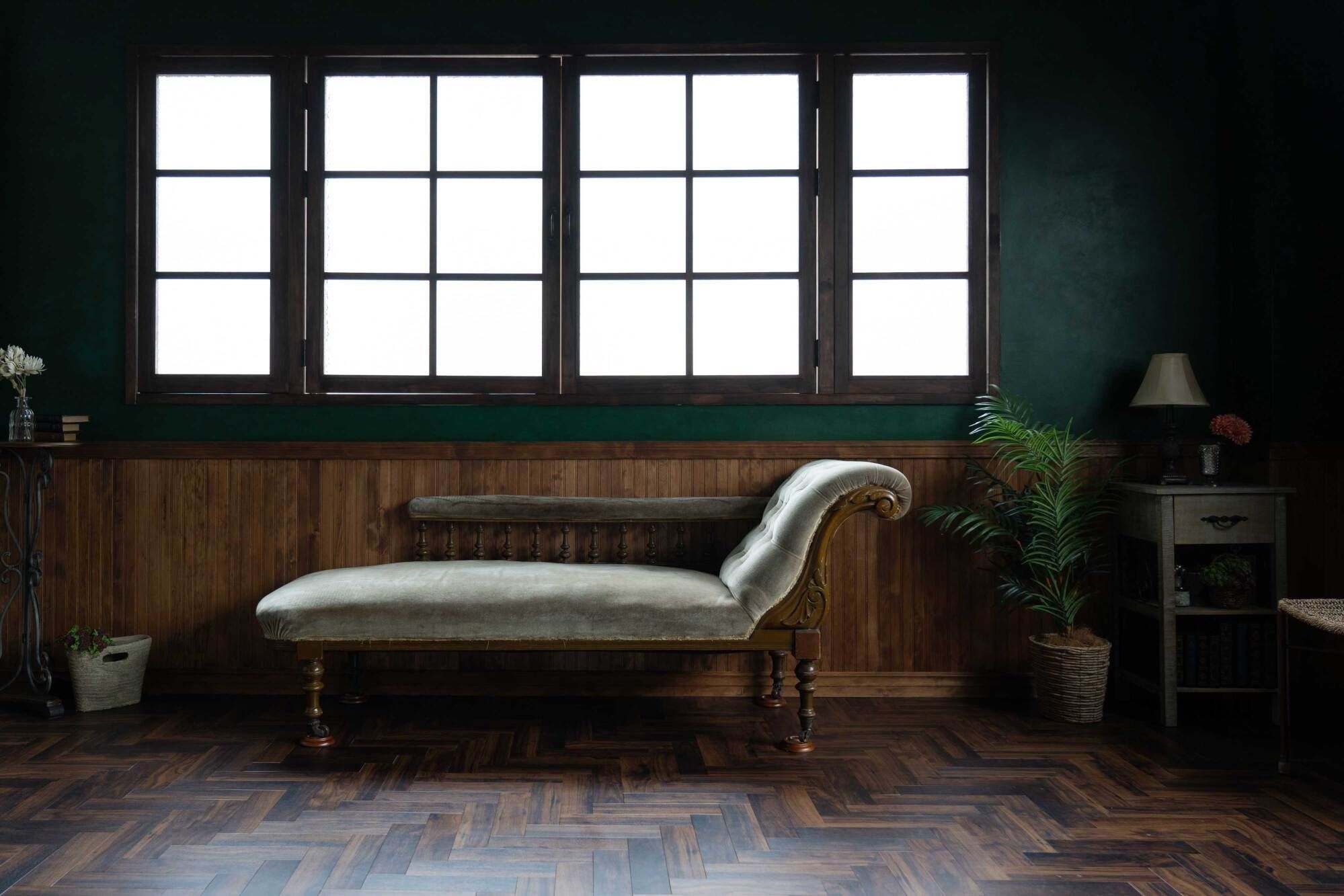
What Is a Lockbox House Showing?
Lockbox tours are more convenient than private tours because potential buyers can bring their own agent to look at your home. Since they can get into your house with a lockbox, this setup gives you more scheduling options. They don't have to wait for your agent to show them the house; they can just let themselves in after we approve their showing request.
Buyers often like lockbox tours because they don't have to worry about the my team hearing what they have to say about the house. One thing to think about is the security risk of letting strangers into your home when you're not there. Always make sure that all your precious items are locked up and out of sight.

What Is a Private House Showing?
- A private house showing is when my team and I give buyers a personal tour of your home. This is probably the most common way to set up a home tour. After going to an open house, serious buyers will sometimes ask for a private tour of the home. This is a really good sign.
- With a private tour, the showing is up to the sellers and my agents. We can answer all of the buyer's questions right away, show them the best parts of your home, and make sure nothing gets broken or stolen.
- One problem with private tours is that you or your agent with my team will be there, so buyers may not feel comfortable opening closets, spending time in every room, checking out storage spaces, and talking about what they like and don't like about the home.
Preparing to Show a House for Sale
House showings can be set up quickly, so if you want to sell your home, it should be spotless while it's on the market. You should be ready to show the house to anyone who calls.
If you have an open house planned, you'll know how much time you have to get ready. But with lockboxes or private tours, you may only have between 30 minutes and a few hours to plan. Here are some ways that we recommend to get your house ready to show.
Preparation Before The First Showings

Clean everything well
Steam clean the carpets, mop or vacuum the hard floors, clean the windows, polish the appliances, and scrub the bathrooms well.
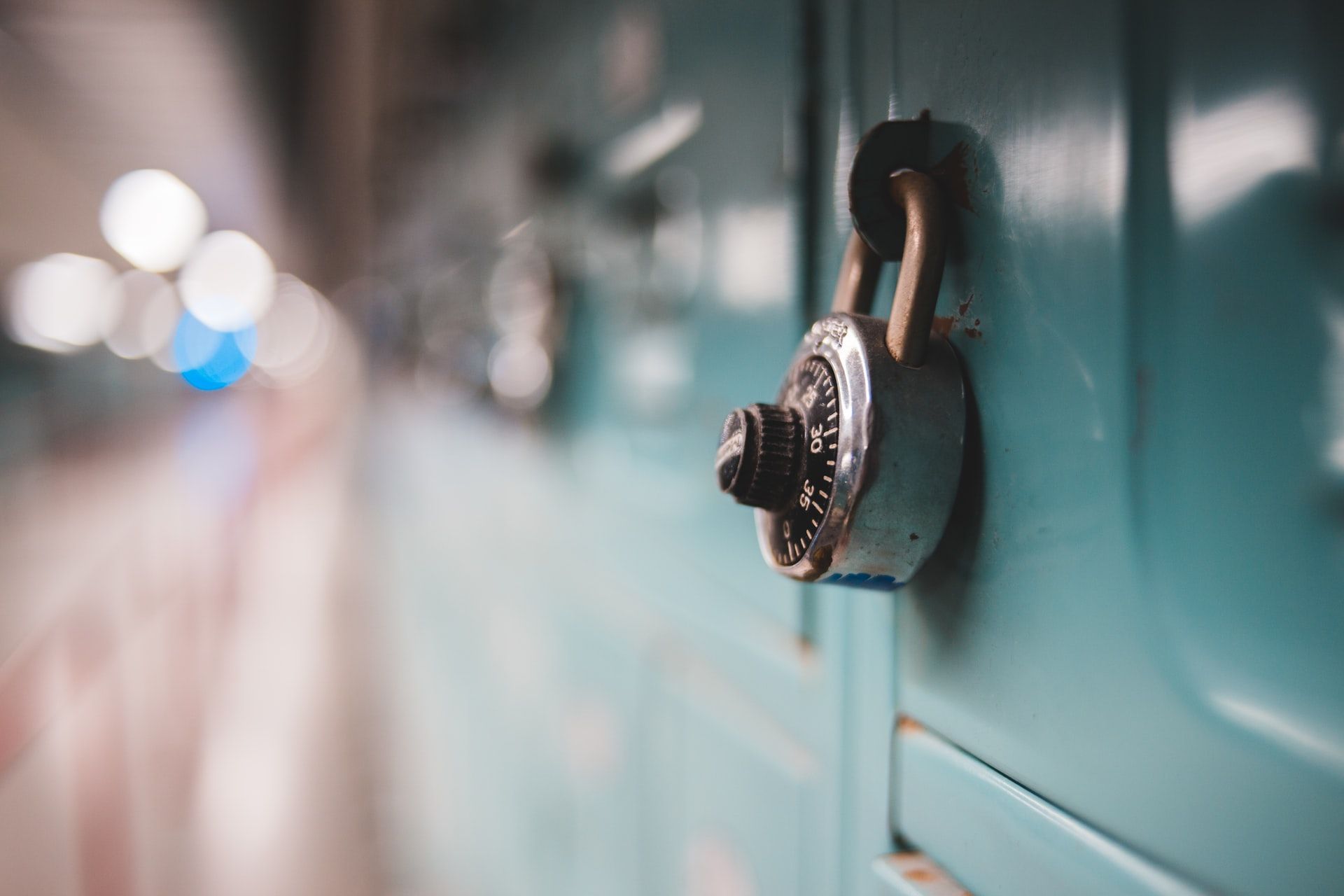
Lock up your valuables
You don't want expensive things or personal information to be stolen.

Have a plan for your pets and children
Your showings will go much more smoothly if your pets and children aren't there.

Depersonalize and declutter
Room by room, get rid of small things that make the space look smaller. Take down your family pictures and any other personal decorations. You want buyers to be able to see themselves living in the house, and they can't do that if your pictures are up.
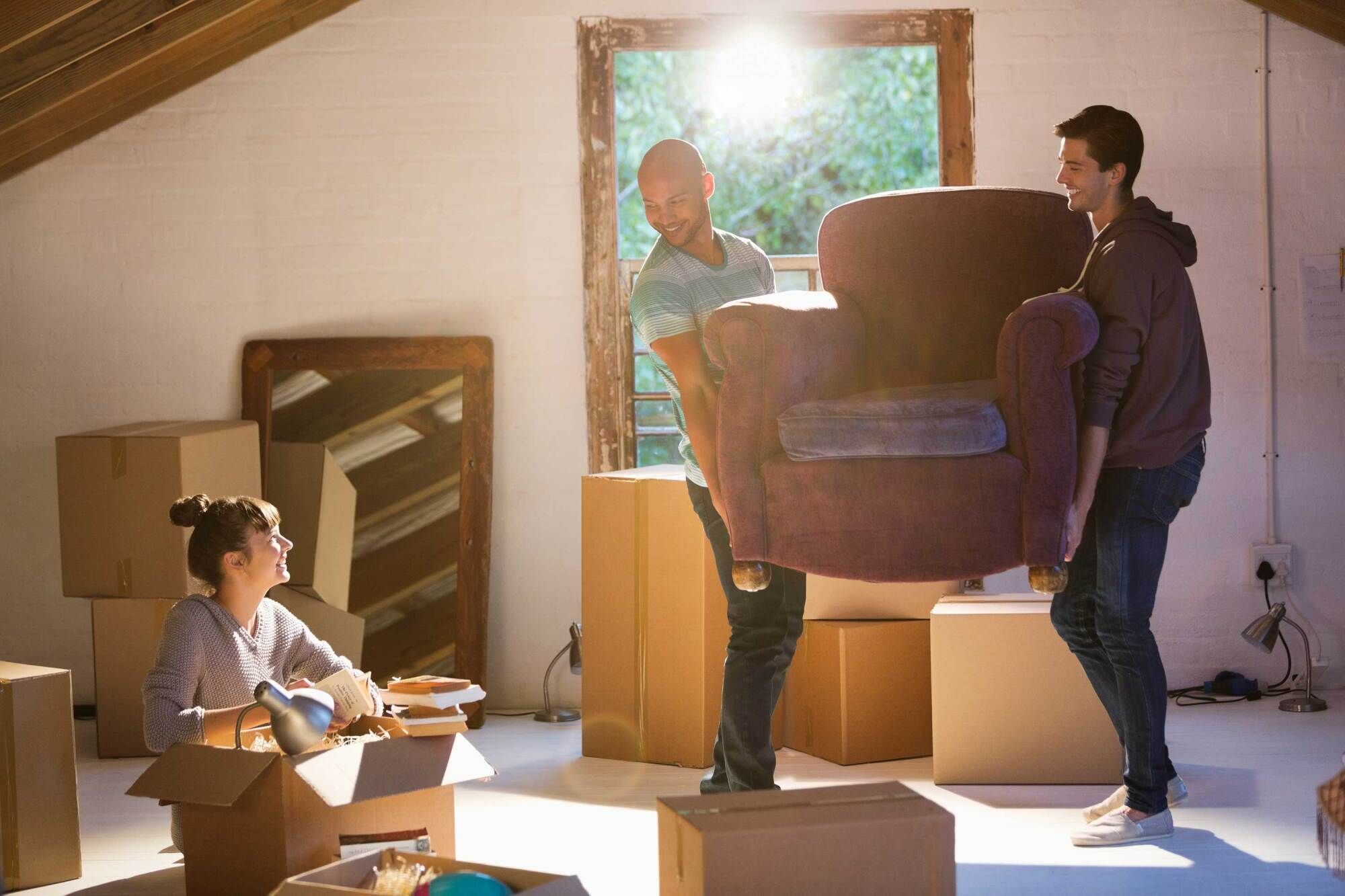
Move furniture around as needed
Take out furniture to make a room look bigger and move pieces between rooms to make it clear what each space is for. For example, you could put a desk and chair in a bonus room to make it look like a home office, or you could move a twin bed into a bedroom that isn't being used.
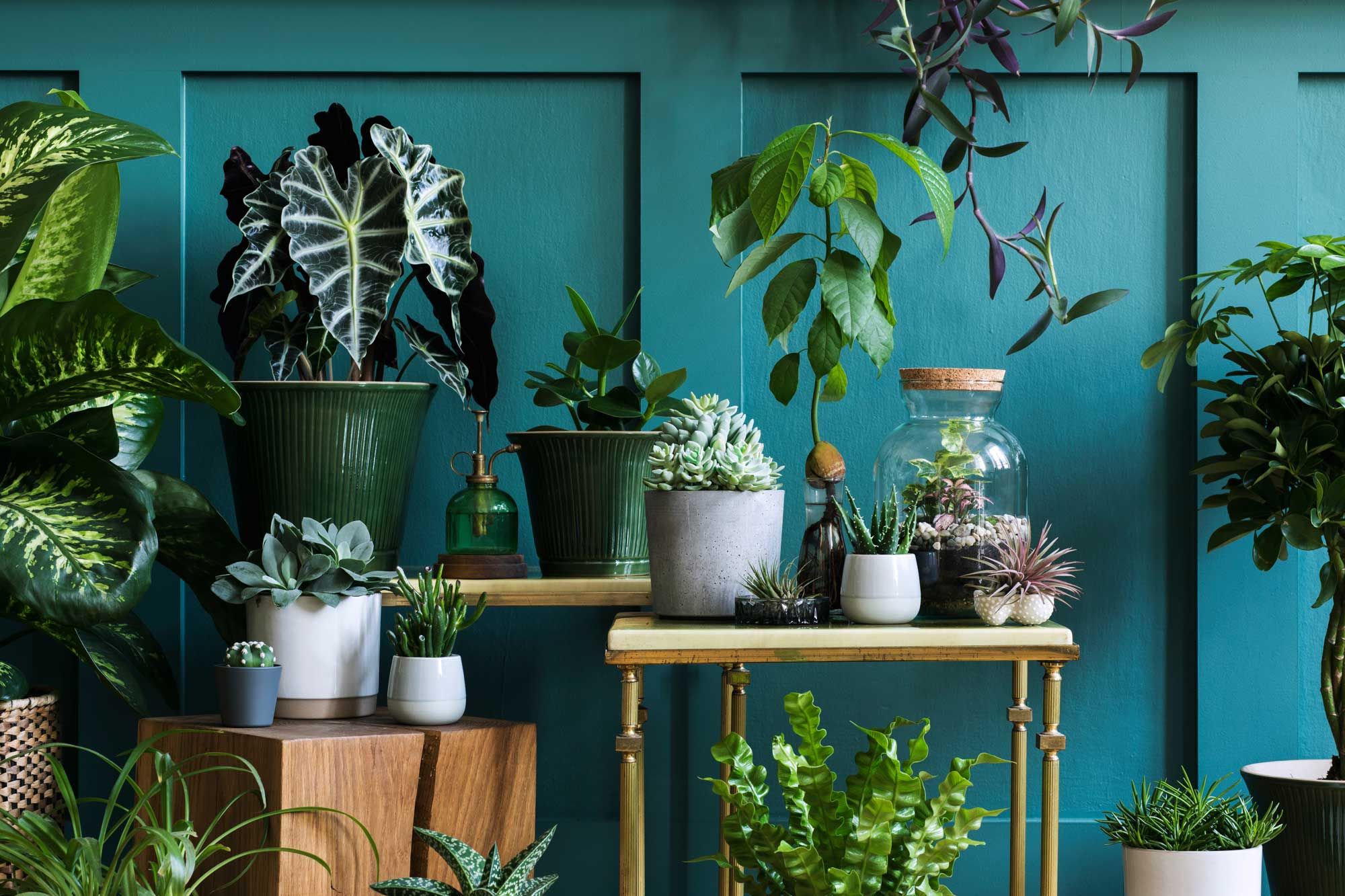
Don't forget the outside
Your home's curb appeal is the first thing people see, and your list of things to do will change with the seasons. Some common jobs are planting flowers, pulling weeds, mowing the lawn, raking leaves, and shoveling snow.
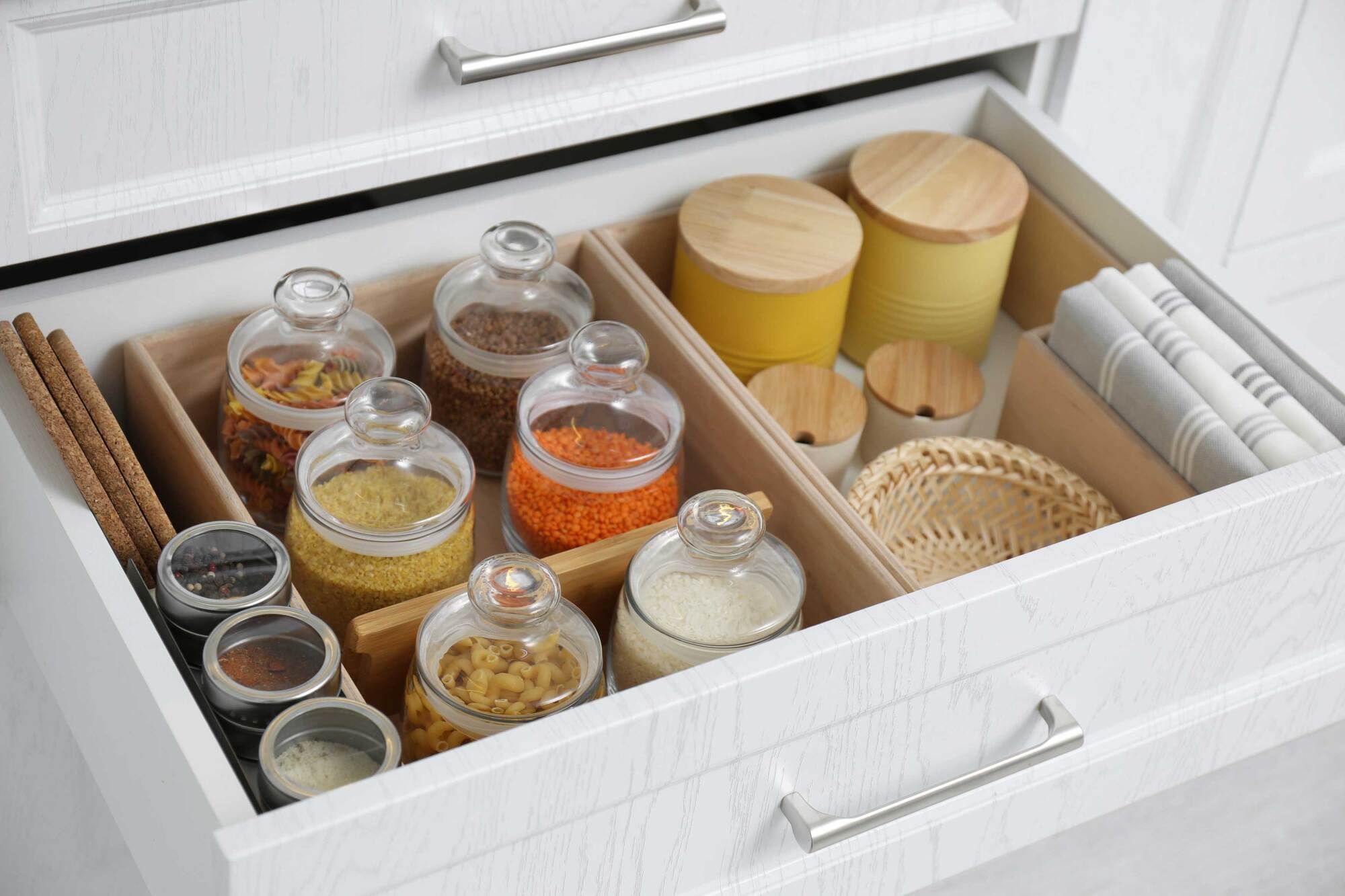
Keep storage areas clean
Every buyer wants a home with a lot of storage space, so they will open your closets, pantries, and garage doors. Don't just cram extra things into closets; they should look clean and not too full.
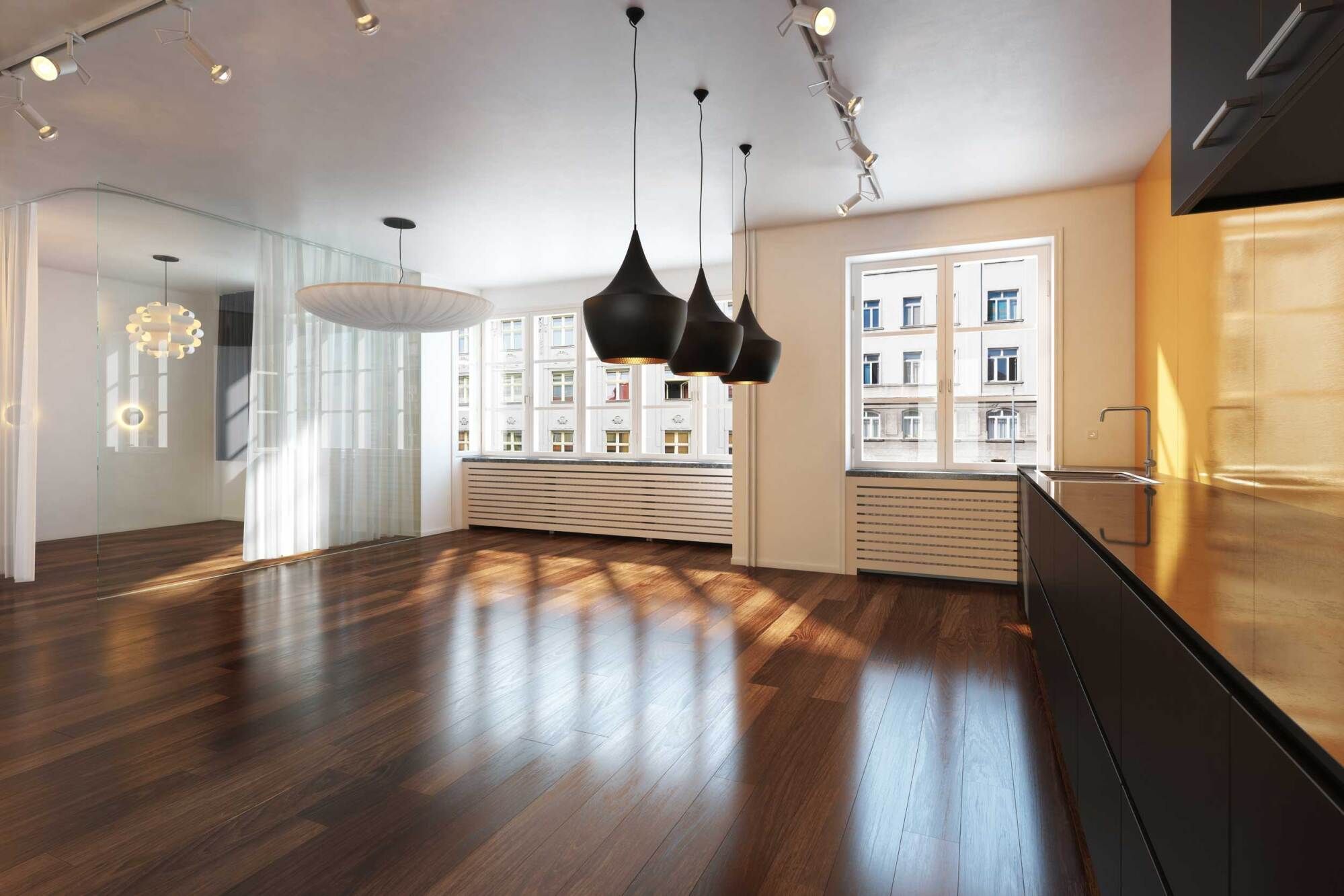
Point out the best parts
Find the best things about your home and write them down. If you have nice hardwood floors, take the rug off to show them off. Love your stainless steel appliances? Don't put them behind magnets on the fridge or dish towels.
Ongoing Home Showing Tips
When we present your offers to you, we will do our best to explain all the details of each offer and we will compare and contrast them so that you can understand the strengths and weaknesses of each. Here's a list of important details that we will need to pay close attention to.
Make sure everyone who lives in your house knows when showings are planned so they can keep their rooms clean.
Make sure to clean up every day's messes, like crumbs on the table, spilled coffee on the counter, and toothpaste drips in the bathroom.
Keep your meal prep simple and stay away from foods that smell bad for a long time.
Clean up after your pet right away and wash their bedding often.
Open blinds and curtains to let in as much natural light as possible and leave lights on when you leave for a showing.
Not everyone likes dogs or cats. Even if you have a pet, buyers shouldn't be able to tell.
If you don't want bad smells, empty the trash cans in every room often.
If tours will be happening while you're at work and you usually turn off the heat, leave it on so buyers will be comfortable during their tour. The same is true in the summer: if your house is nice and cool, people will want to stay longer and enjoy it.
Don't forget to put out a trash can so that people can clean up after themselves.
a fire in the fireplace in the fall, hot chocolate in the winter, or freshly cut flowers in the spring are all nice touches.
If you get along with your neighbors, you can ask them to work with you to stop their dogs from barking.
Common Showing Mistakes
Since showings are such an important part of a buyer's decision-making process, it's important to avoid making common mistakes that can hurt how your home is seen.
Try to Avoid the Following Mistakes When Showing a House
1. Not Being Willing to Show
Even though showings can be hard to get ready for and can be set up at the last minute, it's in your best interest to be as flexible as possible with your potential buyer's schedule. They usually look at more than one house in a day, and if yours isn't open when they want to see it, they might not come back to see it again.
2. Asking buyers to take their shoes off:
Asking buyers to take their shoes off might keep your floors a little cleaner, but it's a bad idea because it might make them feel unwelcome. If you don't want people to get their feet wet or dirty, you can put out a basket of disposable booties. Also, make sure the front door has a good mat.
3. Going to your own showing
It's a big no-no for sellers to be at showings of their own homes, because it can make buyers feel weird. If you're selling your home without the help of a real estate agent, you might want to use a lockbox for showings.
4. Having too many candles and air fresheners:
A lot of people don't like strong smells or are allergic to them. And strong scents can make buyers think you are trying to cover up bad smells. Try fresh flowers, freshly baked cookies, or coffee instead of candles and air fresheners. Less is more.
5. Taking feedback personally
It can be hard to hear criticism about your home, but it can be useful. For example, you could clean the carpets before the next showing if a buyer said they looked dirty.
6. Not decluttering and depersonalizing
A messy home makes buyers think you're not taking good care of it, and it's hard for buyers to picture the house as their own when your stuff is everywhere.
7. Getting rid of too much
On the other hand, you don't want to empty your home completely. There's a reason why home staging is so popular. Furniture that is placed in a smart way helps define spaces and shows buyers how they could use a room. And by leaving beds in bedrooms, you show buyers what kind and size of furniture might fit. Lastly, empty houses don't feel warm and inviting.
Before Showing Your Home for Sale
To keep your things safe and help you get ready to move.
- Put valuable things away.
- Secure sensitive financial documents.
- Put medicines away or lock them up.
- Make sure the inside and outside of the house are well-lit, especially for showings in the evening.
- Take down any decorations that have the names or pictures of your family members, especially your children.
- Put things you don't need right now in boxes.
- All sales to be managed with full broker representation and by some of the best in the business

During a Home Showing
You should leave your house at least 15 minutes before the first showing and wait 30 minutes after the last showing to go back. Most of the time, we try to schedule showings in groups, and on the first weekend of showings, we have an open house. We've found that this makes it easier for sellers because they don't have to leave their home as often or clean it every day.
It also takes away some of the stress of having to remember when showings are. When we schedule several showings right after each other, it helps to create a buzz and give the impression that there is a lot of interest in the home. This can lead to a bidding war, which will drive up the price of your home.
Tips on Negotiating the Highest Price
Learn More




